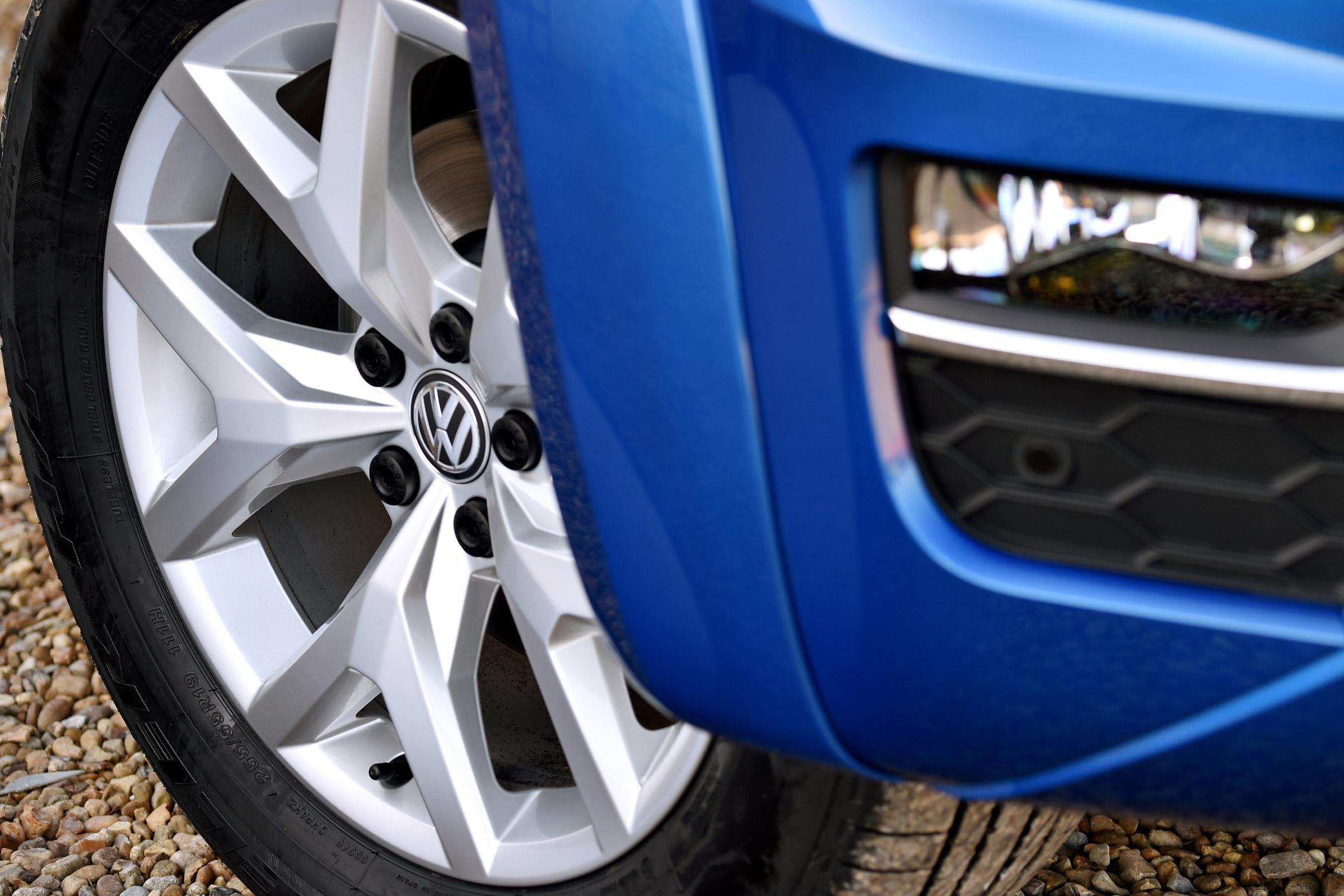Why the Government’s plan to ban petrol and diesel cars may not achieve anything
‘The headline grabbing stir to ban diesel and petrol vehicles by two thousand forty is, while welcome, way too distant to tackle the air quality crisis now’
- Ian Johnston Environment Correspondent
- @montaukian
- Wednesday twenty six July two thousand seventeen 12:00 BST
The Independent Online
Petrol and diesel cars are already likely to be off the road when the ban takes effect Rex
The decision to ban the sale of diesel and petrol cars was always going to grab the headlines.
But the Government is perhaps less keen for people to know that this evidently shocking budge may not actually achieve anything at all.
For it will only take effect in 2040, by which time market coerces are likely to have largely ended the transition from fossil fuels to electricity-powered vehicles anyway.
Read more
While it could be a sign that Michael Gove, the Environment Secretary, is taking the issue more earnestly, the recommitment to the ban, which was originally announced in 2011, comes after his predecessors were twice ordered by a judge to come up with a better plan to bring the air we breathe into line with minimum safety standards.
And, earlier this year, the European Union issued the UK with its “final warning” to conform with air quality laws that have been breached for seven years.
Gareth Redmond-King, head of climate and energy policy at environmental group WWF, said the ban might sound good but end up being meaningless.
Air pollution is the ‘tobacco of the 21st century’, warn experts
“The Government’s been failing to obey with this law for seven years and then is setting itself a target so far in the future that it will be delivered even if the Government did nothing,” he told The Independent.
“The signs are all there in the market that this is going to happen anyway.
“The ban is so far away and so unambitious… it’s not sending a big signal to the market and to the car manufacturers.”
That point was echoed by Professor Alastair Lewis, of the National Centre for Atmospheric Science at York University.
“Given the rate of improvement in battery and electrical vehicle technology over the last ten years, by two thousand forty puny combustion engines in private cars could well have disappeared without any Government intervention,” he said.
He stressed the economic arguments for improving the UK’s air quality were “overwhelming”.
The worst countries in the world for air pollution deaths
The worst countries in the world for air pollution deaths
1/Ten Ukraine
Two/Ten Bulgaria
Three/Ten Belarus
Four/Ten Russia
Five/Ten Armenia
6/Ten Bosnia and Herzegovina
7/Ten Georgia
8/Ten Hungary
9/Ten China
Ten/Ten Moldova
“The costs to the economy, through lost productivity and costs to the NHS are measured in the billions of pounds per year, and could well increase further with an ageing population,” Professor Lewis said.
But the ban, which he said was “highly symbolic”, will not solve the problem entirely.
“Electric vehicles have no direct tailpipe emissions but they are still a source of particulate matter from brake and tyre wear and through agitating road dust,” Professor Lewis said.
“There still remain many other urban sources of pollution not only from transport, but also heating, construction, domestic emissions, and outward sources of pollution that drift into cities from outside, most notably from the agricultural sector.
“Some other urban sources of pollution are even on an upwards trend, most notably from wood searing stoves.”
Rail unions also condemned the Government’s plan in light of the latest scrapping of plans to electrify parts of the rail network by Chris Grayling, the Transport Secretary.
Mick Cash, RMT’s general secretary, said the freshly announced ban “exposes the rank hypocrisy of their decision to shelve long-planned rail electrification works”.
“Puffed up news announcements about plans that are a generation away will not mask the reality of scrapped modernisation programmes on our railways in the here and now,” he said.
Last year, a World Health Organisation report found ten towns and cities in the UK, including London, Glasgow, Leeds, Nottingham, Southampton and Oxford, had breached what are regarded as safe levels of little particles known as PM10. And thirty nine urban areas also breached the safe levels for a measure of even smaller particles, known as PM2.Five.
ClientEarth, a group of environmental lawyers who twice won court orders forcing the Government to come up with a better plan to improve air quality, pointed to the years of delay by the Government – in the past and the future.
Anna Heslop, a ClienthEarth air quality lawyer, said: “Successive governments have failed to protect us from illegal air quality.
“We’ve had to come back repeatedly to court to challenge the Government on its feeble and incoherent air quality policies and yet, seven years on we are still having to fight to protect people’s health.
“The UK Government has been wasting time and taxpayers money attempting to defend the indefensible and failing to take the sturdy activity necessary to deal with what it admits is the largest environmental risk to public health in the UK.
“The headline grabbing stir to ban diesel and petrol vehicles by two thousand forty is, while welcome, way too distant to tackle the air quality crisis now.”

No comments